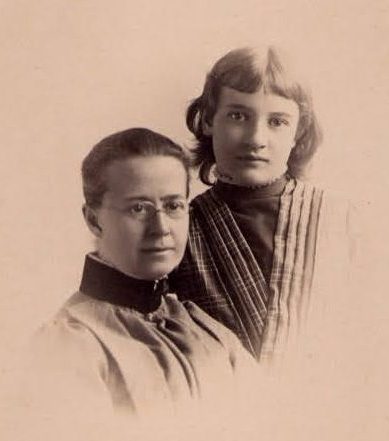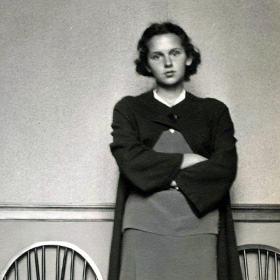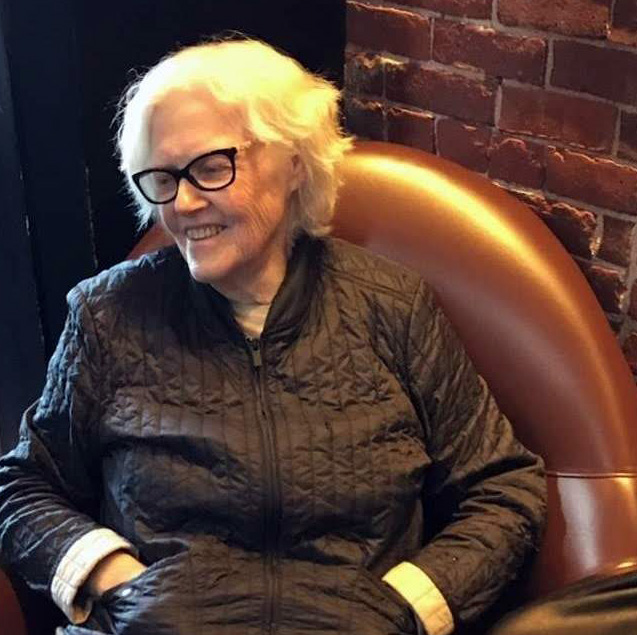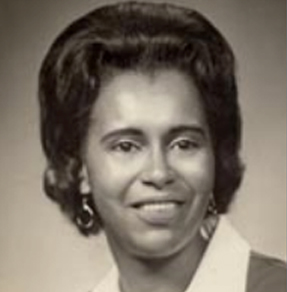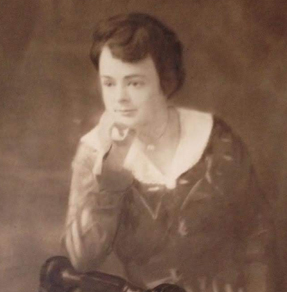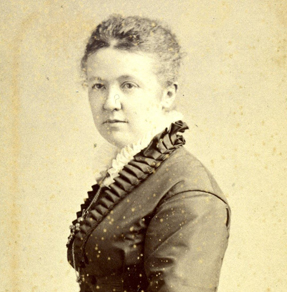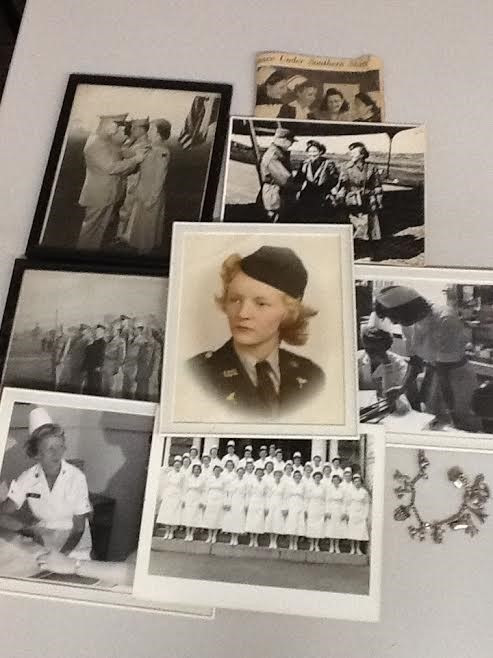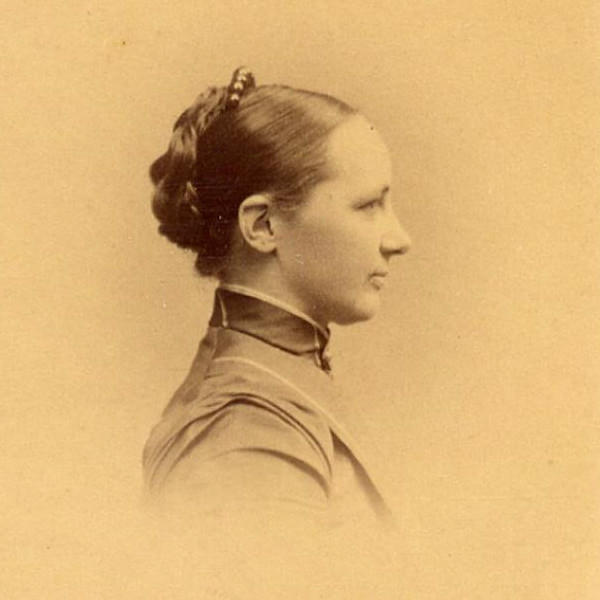Ida M. Eliot
Educator, author, and entomologist Ida Mitchell Eliot (1839-1923) taught throughout the United States, co-edited the much-celebrated Poetry for Home and School in 1877, and co-authored one of the first books on caterpillars and moths in 1902.
